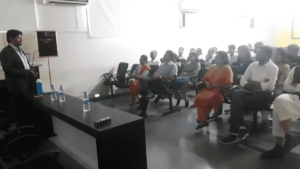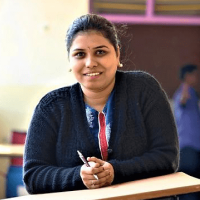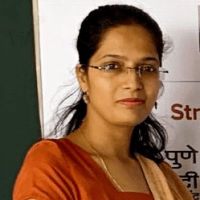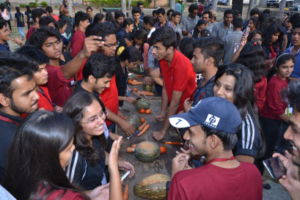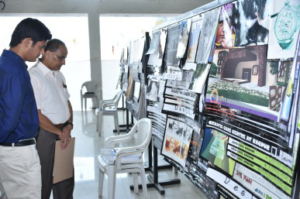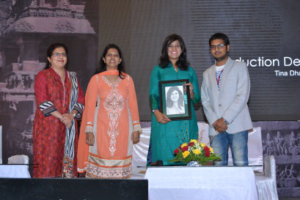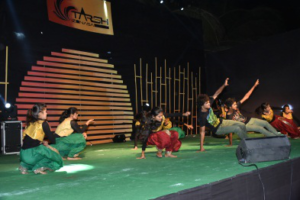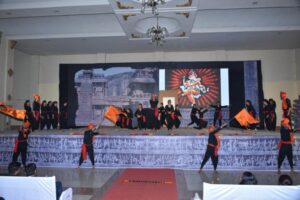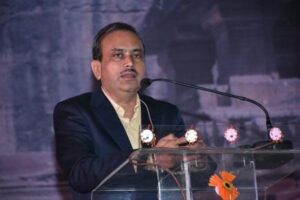Electrical Drives & Controls
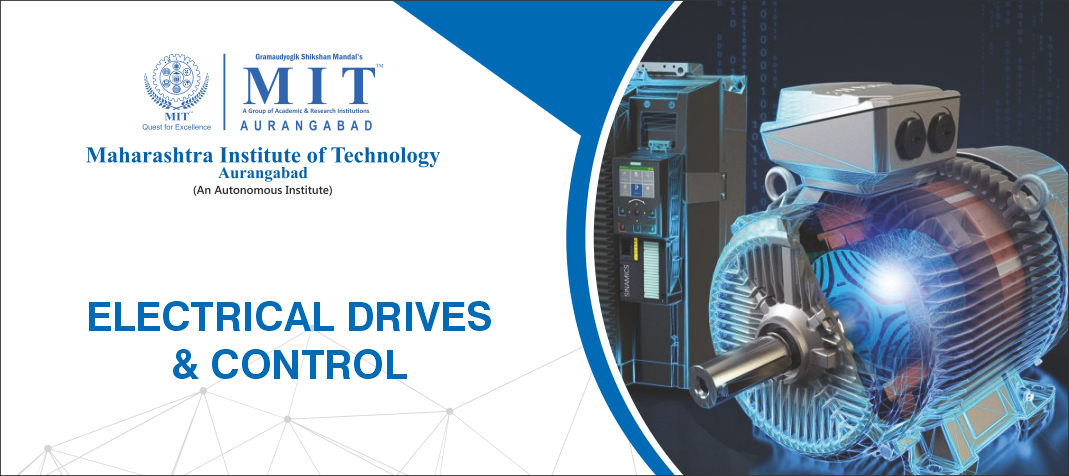
Electrical engineering is the application of electronics, electrical science and technology, and computer systems to the needs of society. An electrical engineer is in charge of creating and integrating electronic/electrical systems in a variety of industries, including entertainment, manufacturing, power generation, communications, transportation, and health care.
The Electrical Engineering Department offers an undergraduate programme in Electrical Engineering (EE) and a postgraduate programme in Electrical Drives and Control. The Department gives students a solid foundation in Electrical Engineering and exposure to the most recent technologies through its knowledgeable teachers, well-equipped laboratories, and state-of-the-art hardware and software facilities. Modern facilities like the “Solar Lab” and the “Center of Excellence for Automation and Mechatronics” help their graduate and post-graduate students build abilities for lifelong learning. The department actively participates in co-curricular and extracurricular activities and provides consulting services to pertinent sectors.
| Program | Duration | Intake |
|---|---|---|
| M.Tech in Electrical Drives & Control |
4 Years | 18 |
Dear Students,
Welcome to the Electrical Engineering Department. In order to produce engineers who are both professionally skilled and socially responsible and to lessen the continually growing demands placed on the field of electrical engineering, the department of electrical engineering makes ongoing efforts to achieve excellence in electrical engineering education.
Electrical Engineering Department of MIT is one of the best departments in the region offering B. Tech. program in Electrical Engineering. We have qualified, experienced and specialized faculty members, spacious laboratories with high end modern instruments for bringing excellence.
We undertake rigorous and intensive integrated teaching methods, interaction with experts, industry and field visits and make students constantly aware about the present trends and future challenges in the field of electrical engineering. We are sure that our engineers will emerge as assets to the country and society at large.
I am sure that our efforts to provide high-quality instruction and training in the field of electrical engineering will contribute to the development of engineers who are prepared for the workplace of tomorrow and who can tackle new technological and societal issues. I am grateful for the sincere efforts made by my coworkers and students, and I wish them all luck in their future pursuits.
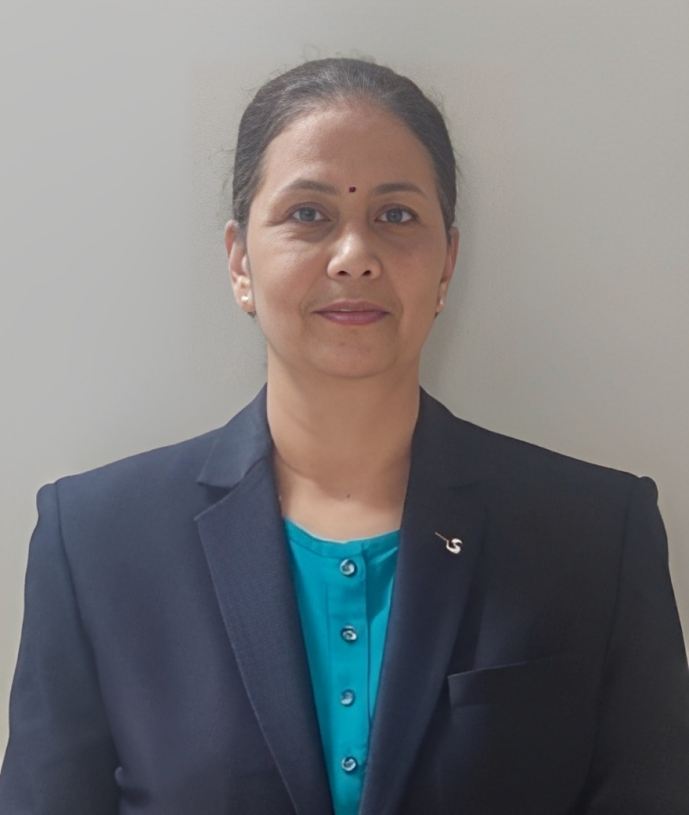
Mrs. Sunita Mukund Badave
Head of the Department of Electrical Engineering
Maharashtra Institute of Technology, Aurangabad
Phone: 240 2375249
Email- hodee.mitt@mit.asia
Mon – Sat 10:15A.M. – 5:15P.M.
Agriculture – Program outcomes
-
POs
-
PEO
-
PSO
-
BOS
PO1:
Engineering Knowledge: Apply the knowledge of mathematics, science, engineering fundamentals, and an engineering specialization to the solution of complex engineering problems.
PO2:
-Problem Analysis: Identify, formulate, review research literature, and analyse complex engineering problems reaching substantiated conclusions using first principles of mathematics, natural science and engineering sciences.
PO3:
Design & Development of Solutions: Design solutions for complex engineering problems and design system components or processes that meet specified needs with appropriate consideration for the public health and safety and the cultural ,societal and environmental considerations.
PO4:
Conduct Investigations of Complex Problems: Use research based knowledge and research methods including design of experiments, analysis and interpretation of data, and synthesis of information to provide valid conclusions.
PO5:
Modern Tool Usage: Create, select, and apply appropriate techniques, resources, and modern engineering and IT tools including prediction and modeling to complex engineering activities with an understanding of the limitations.
PO6:
The Engineer and Society: Apply reasoning informed by the contextual knowledge to assess societal, health, safety, legal and cultural issues and the consequent responsibilities relevant to the professional engineering practice.
PO7:
Environment and Sustainability: Understand the impact of the professional engineering solutions in societal and environmental contexts, and demonstrate the knowledge of, and need for sustainable development.
PO8:
Ethics: Apply ethical principles and commit to professional ethics and responsibilities and norms of the engineering practice.
PO9:
Individual and Team Work: Function effectively as an individual, and as a member or leader in diverse teams, and in multidisciplinary settings.
PO10:
Communication: Communicate Effectively on complex engineering activities with the engineering community and with society at large, such as, being able to comprehend and write effective reports and design documentation, make effective presentations, and give and receive clear instructions.
PO11:
Project management and Finance: Demonstrate knowledge and understanding of the engineering and management principles and apply these to one’s own work, as a member and leader in a team, to manage projects and in multidisciplinary environments.
PO12:
Life-Long Learning : Recognize the need for, and have the preparation and ability to engage in independent and lifelong learning in the broadest context of technological change.
PEO 1 :
Graduates will demonstrate knowledge of innovative technologies needed for the practice of agricultural
engineering
PEO 2 :
Graduates will develop skills necessary to design the process to evaluate and implement problem solutions of agriculture
PEO 3 :
Graduates will develop continuous professional and technical growth so as to be licensed as a professional engineer and successful leader
PEO 4 :
Graduates will be capable of addressing issues of ethical and social impact of engineering practice
PSO 1:
Use his/her expertise in planning the judicious utilization of natural resources and their management through advanced soil and water conservation techniques and various irrigation methods with the skill of data interpretation.
PSO 1:
Design and develop of farm implement and stead with economically feasible, agro and energy technologies for sustainable agriculture
PSO 3:
Apply the comprehensive knowledge of engineering properties of agricultural produce for upgrading the unit operation resulting in effective value addition and quality control
| Date | Class | Title of workshop | Expert | Level |
|---|---|---|---|---|
| 16/10/2021 | B. Tech/M. Tech/B. Voc./ Faculty | World Food Day, Expert Talk on “Roles and Responsibilities of Food Technologist towards Community” | Dr. A.S. Khojare Vivekanand College Samarthnagar Aurangabad | Institute |
| 26/07/2021 to 30/07/2021 | B. Tech/M. Tech/B. Voc./ Faculty Participants: 250 | One week certificate course on “Food, Trends, Innovation and Business” | - | National |
| 14/07/2021 | B. Tech Participants: 21 | Webinar on “Future of Farm Mechanization” | Mr. V.V. Saraf Tirth Agro Technology Pvt. Ltd. Rajkot, Gujrat | Department |
| 11/07/2021 | Participants: 15 | Industrial Meet | - | Department |
| 07/07/2021 | B. Tech & M. Tech Participants: 32 | Career Guidance on “Government Sector opportunities in Agriculture Field” | Dr. S.H. Jedhe J.D. Foundation Aurangabad | Department |
| 05/07/2021 | M. Tech FPT Participants: 25 | Online quiz through google platform “Foodie Minds” | Dr. S.G. Jaiswal, Department of Agricultural Engg. MIT Aurangabad | Department |
| 03/07/2021 | B. Tech & M. Tech Participants: 30 | Virtual Alumni Meet | - | Department |
| 21/06/2021 to 26/06/2021 | B. Tech/M. Tech/Faculty Participants: 100 | Value added course on “Digital Farming” | - | State |
| Date | Class | Title of workshop | Expert | Level |
|---|---|---|---|---|
| 28 June 2020 to 04 July 2020 | - | Online FDP on Waste to Bioenergy | - | National |
| 8, 9 August 2019 | - | Agriculture in Distress: Is solar the solution | Dr. D.T. Bornare, MIT-CARS, Aurangabad | Regional Meeting |
| 7 July 2018 | Total Participants: 47 | FDP Statistical Techniques in Data Analysis | Dr. D.G. Regulwar, GECA Aurangabad | Institute |
| 22 February 2018 | FY/SY M.Tech FPT Total Participants: 200 | One day workshop on Food Safety | Mrs. S.S. Jalgaonkar Consultant Pune Dr. S.D. Ratnaparkhe | State |
| 25, 26 April 2017 | B. Tech | IoT workshop | Mr. Manoj Thakur, Maven Technology | National |
| 7, 8 April 2017 | FY/SY M.Tech FPT Total Participants: 75 | National Conference on Advanced Trends in Agricultural and Food Engineering | Dr. Gopal Shinde, Assist. Professor, Parbhani | National |
| 16 October 2017 | Total Participants: 100 | Virtual Alumni Meet | - | Department |
| 21/06/2021 to 26/06/2021 | B. Tech/M. Tech/Faculty Participants: 100 | Value added course on “Digital Farming” | - | State |
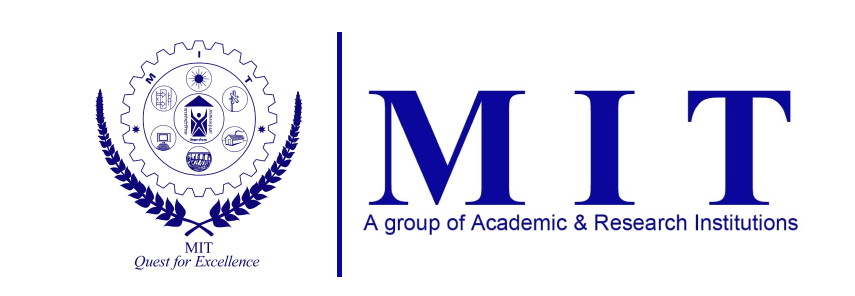
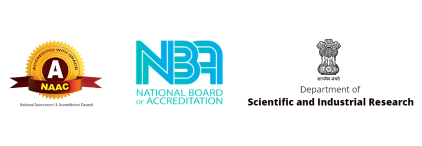
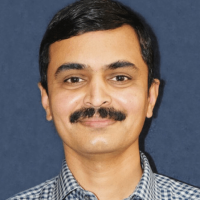
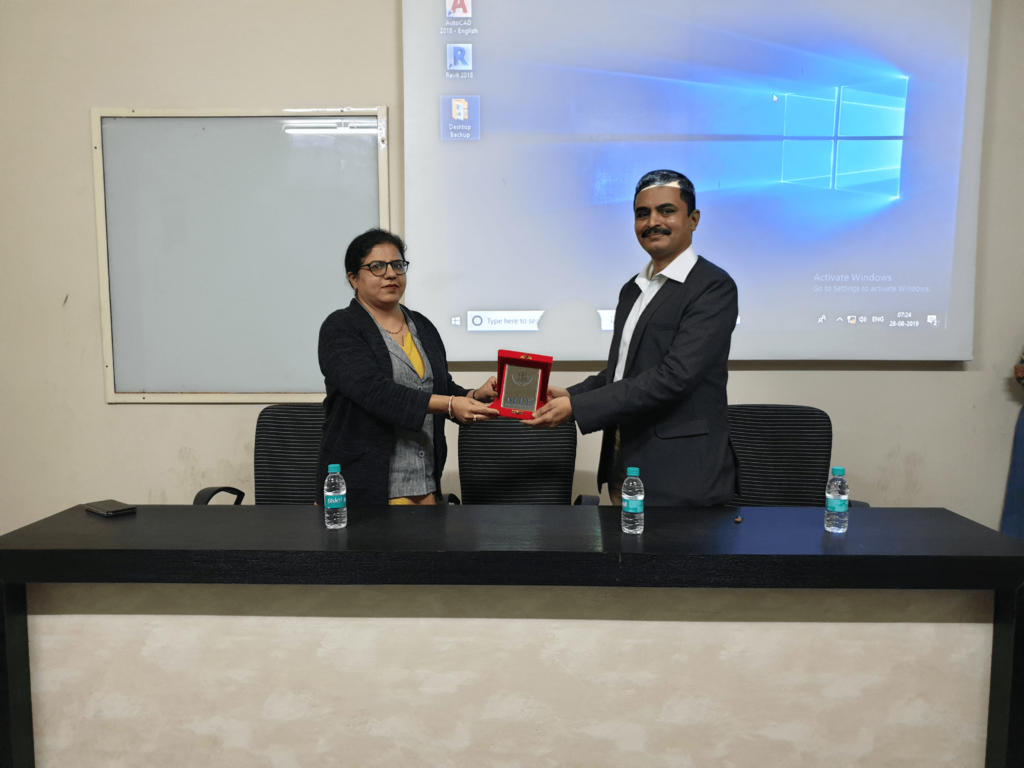
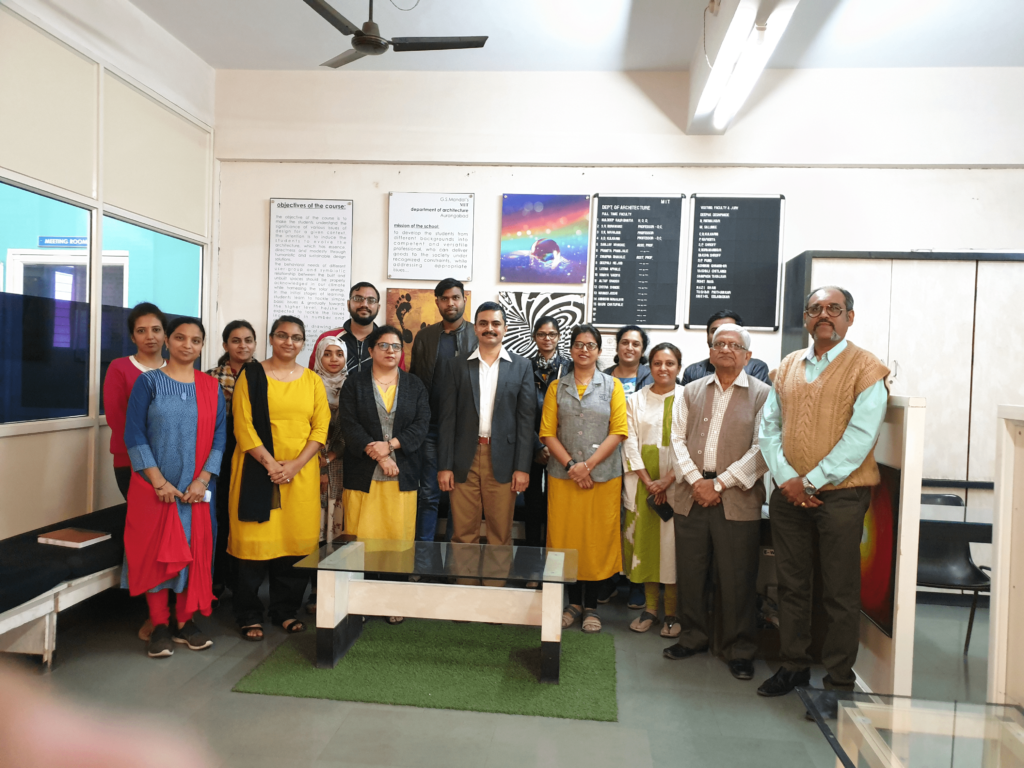
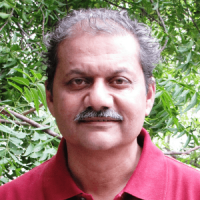
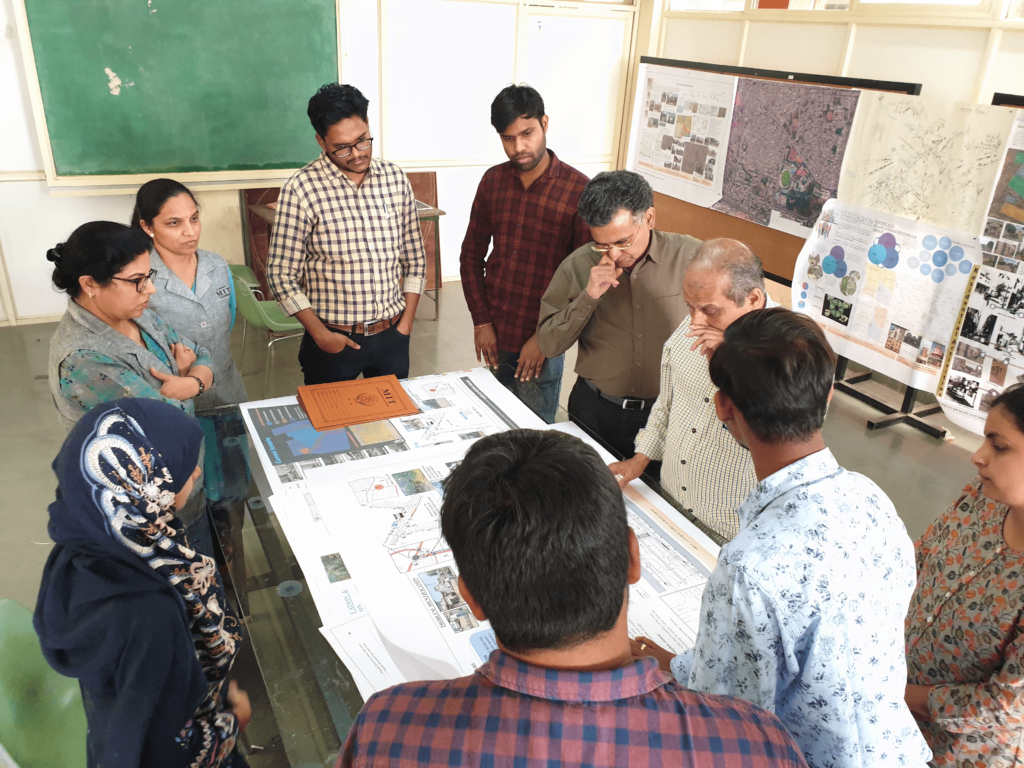
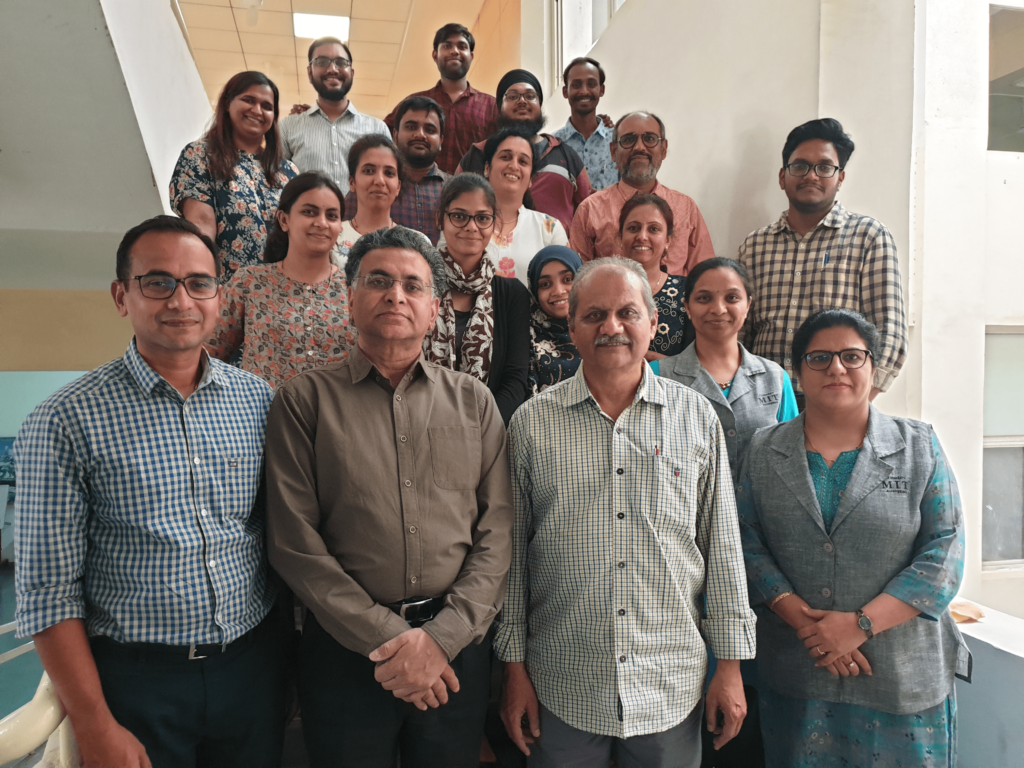
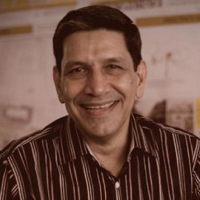
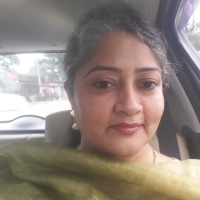
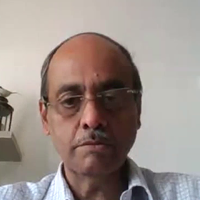
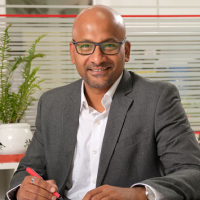
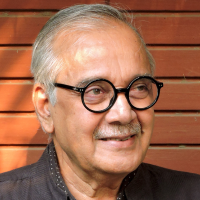
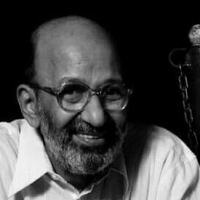
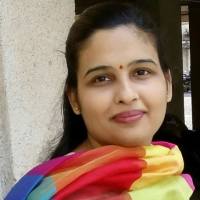
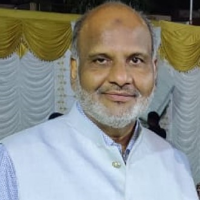
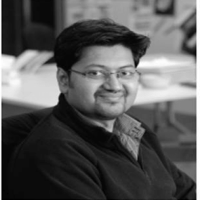 Introduction of Expert
Introduction of Expert